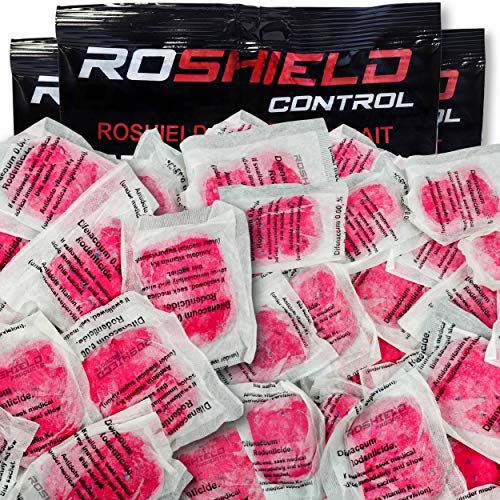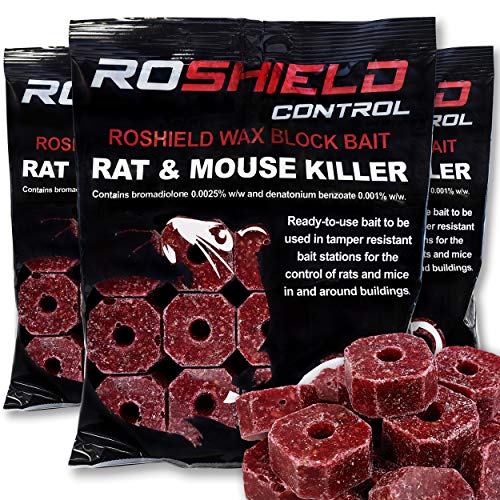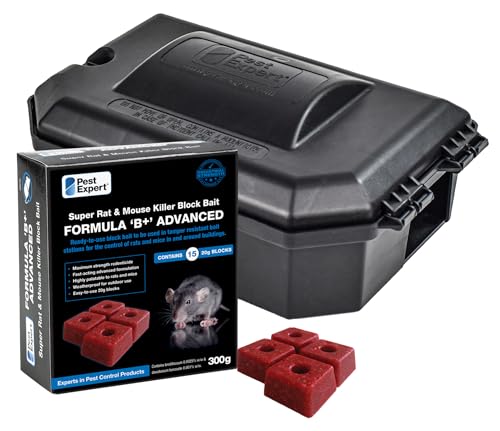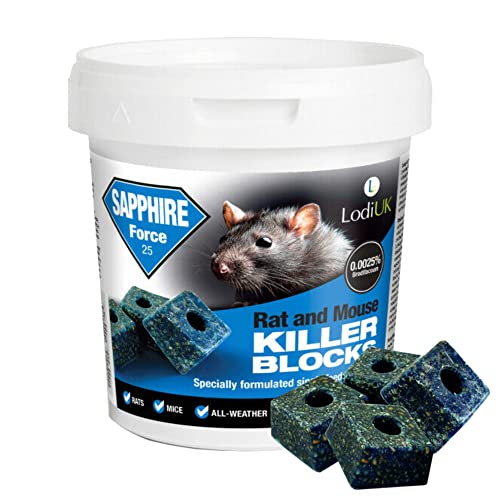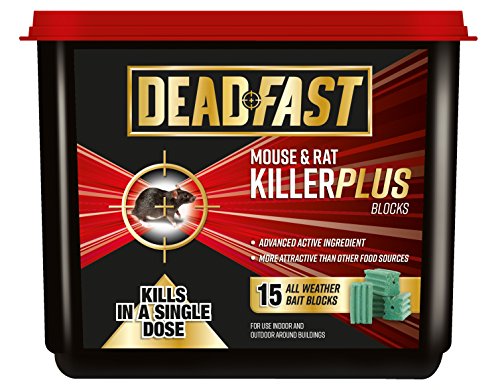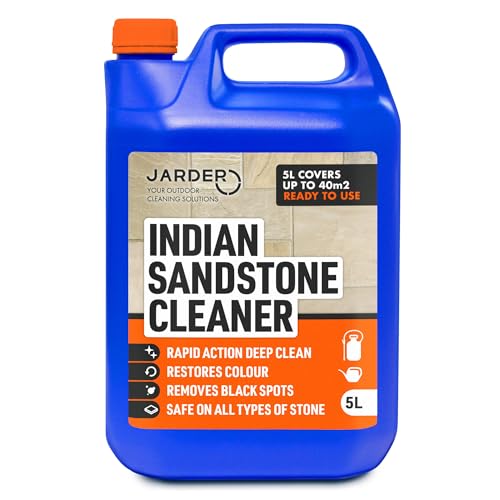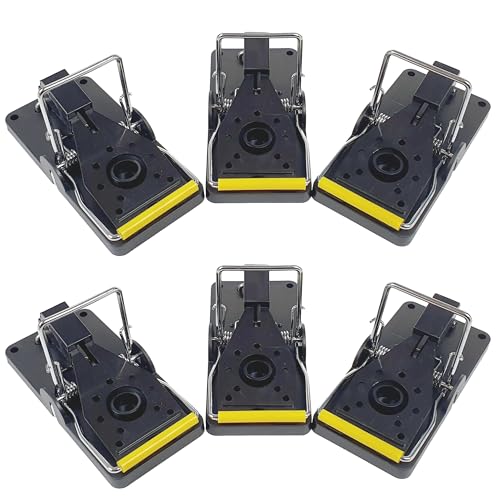Understanding Rat Poison: What You Need to Know
What is Rat Poison?
Rat poison is a chemical substance designed to eliminate rats and other rodent pests. It typically comes in various forms, from pellets to blocks, and works by targeting the rodent’s bloodstream or digestive system.
Why Use Rat Poison?
In urban settings, rats can pose significant health risks by spreading diseases and contaminating food supplies. Using rat poison can be an effective method to manage these populations, especially when other methods, like traps, may not provide complete control.
Understanding the Ingredients
Rat poisons contain various active ingredients, including anticoagulants that cause bleeding in rats, and neurotoxins that disrupt normal bodily functions. It’s crucial to understand these chemicals to make informed decisions about their use.
Types of Rat Poison: Choosing the Right Solution for Your Needs
Anticoagulant Rodenticides
This type of poison works by preventing the blood from clotting. The rats may not show immediate symptoms, giving you more time to eliminate the population before they discover the bait. Brands usually require multiple feedings before the rats consume a lethal dose.
Non-anticoagulant Rodenticides
These poisons act faster than anticoagulants and may lead to death within hours. However, they can pose a higher risk to pets and non-target animals. Always consider the environment where you plan to apply such poisons.
Bait Stations vs. Loose Bait
Bait stations protect the poison from moisture and non-target animals, while loose bait is easier to deploy in places where rats are active. Depending on where your infestation is occurring, one may be more suitable than the other.
How to Apply Rat Poison Safely and Effectively
Read and Follow Instructions
Understanding the manufacturer’s instructions is crucial for effective application. Each product will have specific guidelines regarding dosage and placement, ensuring that the poison works as intended.
Choose the Right Location
Apply rat poison in areas where you’ve seen signs of rat activity, such as droppings or gnaw marks. Avoid placing the poison near children, pets, or food sources to minimize risks.
Wear Protective Gear
When handling rat poison, using gloves and a mask is advisable to protect yourself from accidental exposure. This way, you can ensure both your safety and the effectiveness of the application process.
Tips for Preventing Future Infestations
Seal Entry Points
Rats can enter through surprisingly small openings, so inspecting your home for gaps and cracks and sealing them can dramatically reduce the chance of new infestations.
Maintain Cleanliness
Keeping your living space tidy by clearing out food waste and clutter can deter rats from making your home their own. Regular cleaning can go a long way in keeping pests at bay.
Consider Natural Deterrents
Using natural deterrents like peppermint oil or ultrasonic repellents can complement your efforts in preventing future invasions, creating an uninviting environment for rats.
Where to Buy Rat Poison: Finding Reliable Retailers
Online Retailers
Many reputable online retailers offer a wide variety of rat poisons. Before purchasing, reading customer reviews can help you ensure that you’re buying a product that is both effective and safe.
Local Hardware Stores
Local hardware or gardening stores often carry a selection of rat poisons. Speaking to knowledgeable staff can also provide insights into the best solution for your specific needs.
Pest Control Specialists
If you are unsure about which type of rat poison to choose, consulting with pest control specialists can be extremely beneficial. They can recommend effective products based on their experience and expertise.
